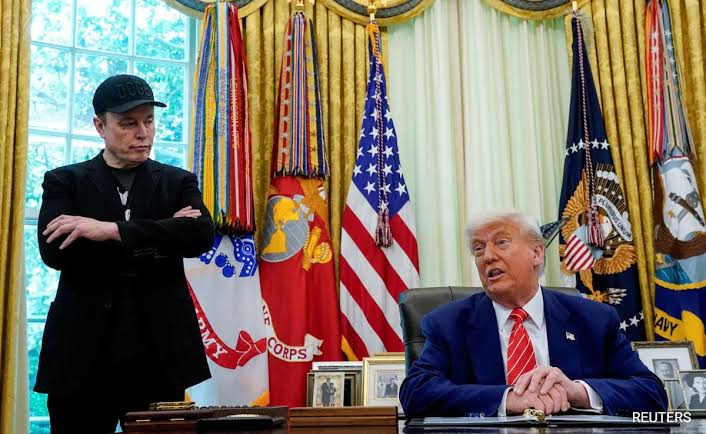Washington, June 29, 2025 — Senate Republicans narrowly advanced President Donald Trump’s sweeping tax-and-spending package in a dramatic late-night vote Saturday, setting the stage for days of intense debate as GOP leaders race to deliver the legislation by Trump’s self-imposed July Fourth deadline.
The procedural motion to move forward passed 51-49 after hours of tense negotiations, with Vice President JD Vance on standby to cast a tie-breaking vote if needed. Two Republican senators, Thom Tillis of North Carolina and Rand Paul of Kentucky broke ranks to join all Democrats in opposing the measure.
The $3.8 trillion package would extend Trump-era tax cuts, slash spending on programs like Medicaid and food stamps, and boost funding for deportation efforts. But deep divisions remain within Republican ranks over proposed spending cuts and the political consequences of the legislation.
Senate Majority Leader John Thune (R-S.D.) urged swift passage, declaring, “It’s time to get this legislation across the finish line.”
Yet the bill drew fierce criticism from high-profile conservatives outside government. Billionaire Elon Musk, recently departed from his federal post as head of the Department of Government Efficiency, denounced the measure as “utterly insane and destructive.”
“The latest Senate draft bill will destroy millions of jobs in America and cause immense strategic harm to our country,” Musk posted on social media, warning it could be “political suicide for the Republican Party.”
Musk has previously blasted the bill as “pork-filled” and a “disgusting abomination.” His latest intervention underscores continuing tensions between the tech mogul and the Trump administration he recently served.
Democrats, meanwhile, accuse Republicans of trying to rush through major policy changes without public scrutiny. Senate Democratic leader Chuck Schumer (D-N.Y.) slammed the GOP for releasing the 940-page bill “in the dead of night” and is expected to demand a full reading of the text on the Senate floor, potentially delaying proceedings for hours.
If the Senate passes the legislation, it would return to the House for final votes before heading to Trump’s desk.
With slim majorities in both chambers, GOP leaders face a delicate balancing act to unite their caucus and overcome solid Democratic resistance in the high-stakes legislative battle.
Senate Republicans Clear Key Hurdle on Trump’s Tax, Spending Bill Amid GOP Divisions and Musk Criticism

